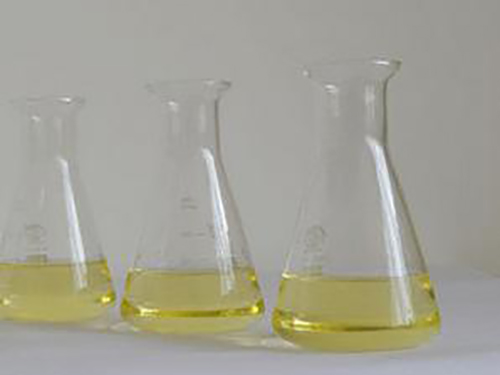flocculant chemicals for water treatment
Flocculant Chemicals for Water Treatment
Water is essential for all forms of life, and its availability is crucial for sustainable development. However, the increasing pollution of water bodies has made it necessary to treat water before it can be used for drinking, agriculture, industry, and recreational activities. Among the various methods of water treatment, the use of flocculant chemicals plays a significant role in ensuring clean and safe water.
Flocculants are substances that promote the clumping of fine particles into larger aggregates, known as flocs. This process, referred to as flocculation, facilitates the removal of suspended solids, colloids, and microorganisms from water. Flocculants are used extensively in various water treatment applications, including municipal drinking water treatment, wastewater treatment, and industrial water treatment.
There are several types of flocculant chemicals, categorized primarily into synthetic and natural flocculants. Synthetic flocculants, such as polyacrylamides, are widely used due to their effectiveness and ability to adapt to varying water chemistry conditions. They are often used in combination with coagulants, which neutralize the charges on suspended particles, allowing them to aggregate more effectively.
Natural flocculants, derived from plant or animal sources, are gaining popularity due to their environmentally friendly nature. Examples include cellulose, chitosan, and certain starch derivatives. These natural substances are often more biodegradable and non-toxic compared to their synthetic counterparts, making them a more sustainable choice for water treatment.
The flocculation process generally involves several steps mixing, floc formation, and sedimentation. Initially, the flocculant is mixed with contaminated water, where it interacts with suspended particles. This interaction encourages the particles to collide and form larger aggregates. Once the flocs are formed, they are allowed to settle at the bottom of the treatment vessel during sedimentation, effectively removing impurities from the water.
flocculant chemicals for water treatment

The effectiveness of flocculants can be influenced by several factors, including the type of flocculant used, the concentration of flocculants, the pH of the water, and the characteristics of the particles being treated. For instance, different water sources have varying levels of acidity, turbidity, and organic load; hence, selecting the right flocculant and dose is critical for optimizing the treatment process.
Recent advancements in water treatment technology have also led to the development of modified flocculants with enhanced performance. For instance, flocculants can be engineered to have specific molecular weights and charge densities to target particular pollutants effectively. In many cases, combining flocculants with other treatment processes like filtration, adsorption, or disinfection can further enhance the quality of treated water.
The application of flocculants is not limited to water treatment facilities. Industries, such as mining, textile processing, agriculture, and food production, also utilize flocculation as a method of treating effluents and recycle process water. In agriculture, flocculants can improve soil structure and water retention, promoting better crop yields.
Despite their numerous benefits, the use of flocculants is not without challenges. The potential environmental impact of synthetic flocculants, such as residual chemicals in treated water, raises concerns. Regulatory frameworks governing the use of these chemicals are essential to ensure they are used safely and responsibly.
In conclusion, flocculant chemicals have become a cornerstone of water treatment technology. Their ability to effectively remove pollutants and enhance water quality makes them indispensable in addressing water scarcity and contamination issues. As the demand for clean water continues to rise, ongoing research and innovation in the development of more efficient and eco-friendly flocculants will be vital. By balancing efficacy with environmental sustainability, the water treatment industry can ensure access to clean, safe water for future generations.
-
Premium Isothiazolinones | Broad-Spectrum Biocidal SolutionsNewsAug.28,2025
-
LK-319 Special Scale And Corrosion Inhibitor For Steel Plants: Advanced Solutions for Industrial Water SystemsNewsAug.22,2025
-
Flocculant Water Treatment: Essential Chemical Solutions for Purification ProcessesNewsAug.22,2025
-
Isothiazolinones: Versatile Microbial Control Agents for Industrial and Consumer ApplicationsNewsAug.22,2025
-
Scale Inhibitor: Key Solutions for Water System Scale PreventionNewsAug.22,2025
-
Organophosphonates: Versatile Scale Inhibitors for Industrial Water SystemsNewsAug.22,2025





